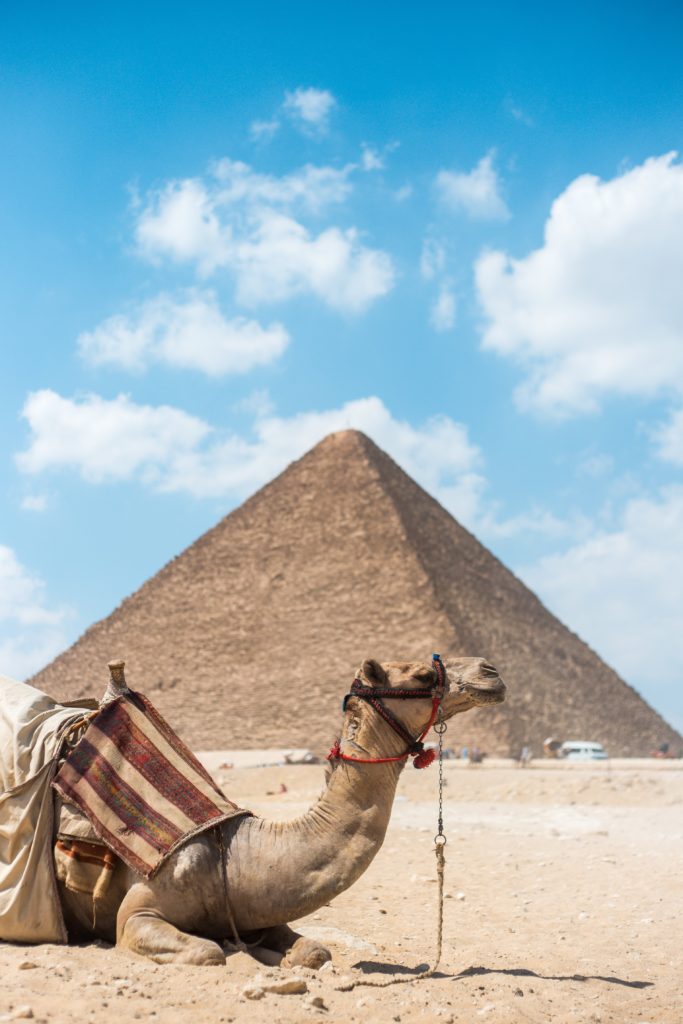
I spoke recently to a scholar of Mesopotamian religions named Ehaab. He pointed out the many similarities and connections between these religions and those that developed in their midst. For instance, he led me to note the 42 Laws of Maat (order) and similarities and differences between them and the Ten Commandments.
But he also gifted me with a painful and necessary realization: The way we tell the origin stories of our groups can dehumanize and scapegoat those who have come before and set us up to replicate the same problems.
To break away from a widely held wisdom tradition (see below) and begin a new one takes a lot of energy. Usually, we begin a new tradition because we see a problem in our society that is not addressed by the widely held wisdom tradition of the day. So we begin to draw distinctions between our new tradition and the widely held tradition of the day. This is just fine.
The problem comes when we assume that the social problems we are seeing are unique to this widely held tradition – and that if we just got rid of that tradition (or traditions in general), all would be well. This carries the false assumption that our new tradition will be immune to such problems. It carries the false assumption that the old tradition was uniquely capable of supporting unjust systems. When we tell our origin story this way, we sow the seeds of supremacy that will later cause us to deny our own problems.
If our tradition solves the problem, we can’t be a problem.
No tradition, no group, no society is immune from the vulnerabilities of human nature. While responsible wisdom traditions try (at their best) to help us guard against these vulnerabilities and to amplify the positive potentialities, each community of wisdom is still subject to human nature.
And this gets to the pain.
He helped me realize that I have spoken of the Egyptian and Mesopotamian religions in a dehumanizing way. Yes, there were social problems that they did not address. Yes, it was okay for a new tradition to emerge to respond to these problems.
But the way we tell our stories of origin can dehumanize the wisdom traditions before us, and thus absolve us of looking at the ways our own tradition contributes to or blesses injustice. It can sow seeds of supremacy that later grow and choke out much that is good.
Without intending to, I think I have regularly done this toward Egyptian and Mesopotamian religions. My new friend helped me to see this. While it was painful, I was grateful for his gift to me.
The reality is that every wisdom tradition is capable of contributing to or blessing injustice. Every community of wisdom can distort its key values, stories, and practices to support the powerful and mighty.
So, let’s be careful how we tell our origin stories lest we amplify the very problems our tradition seeks to address. Let’s keep taking responsibility for the ways our own tradition, our own community of wisdom, fall short of our values. Let’s keep taking responsibility for the ways even our stated values fall short.
I have done a lot of work about how to speak well of the Jewish origins of Christianity, but I have more work to do. This work can be painful, as it reveals how far short of my own ideals I fall. Nonetheless, it is a gift that leads to renewed life.
Wisdom Tradition: A set of remembered stories, deep truths, probing questions and a capacity for self-critique exploring how human beings can live with meaning, community, and care for the earth. These include Buddhism, Hinduism, Judaism, Sikhism, Christianity, Islam, Taoism, Indigenous, agnostic, atheist and humanist and many other traditions.
Communities of Wisdom: Local or regional groups gathered around a particular wisdom tradition and/or social/environmental justice cause.
Photo by rosario janza on Unsplash
